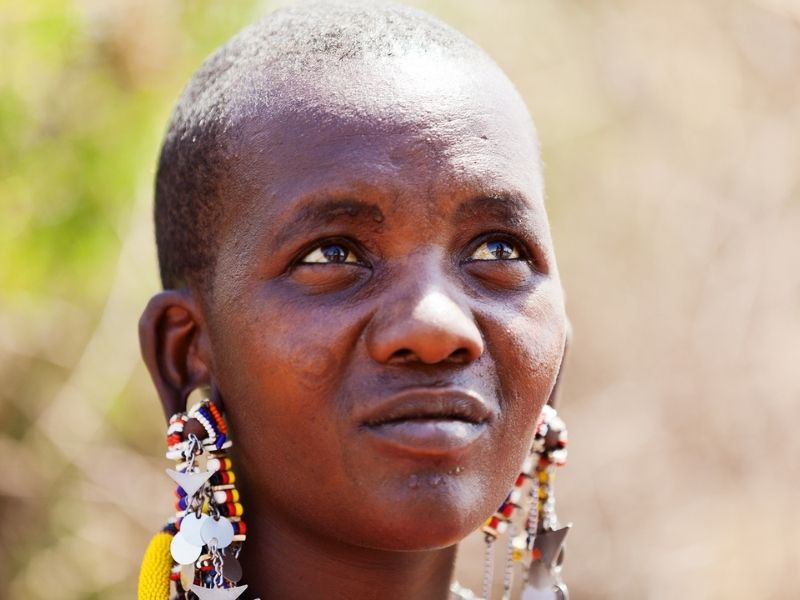Deadline: 14-Nov-21
European Commission is calling for proposals for EU Support to Democratic Governance in Nigeria.
The new programme ‘EU Support to Democratic Governance in Nigeria (EU-SDGN) Phase II’ aims to promote democratic consolidation in Nigeria by contributing to the building of strong, inclusive, effective and legitimate democratic institutions.
Objectives
- The global objective of this call for proposals is: to foster a functioning pluralistic, inclusive, participatory and representative democracy in Federal Republic of Nigeria.
- The specific objective of this call for proposals is to engender the conditions for inclusive, transparent, credible and peaceful elections and a more inclusive decision-making process with the meaningful participation of all sectors of society, including women, youth and other marginalised groups
- The priority of this call for proposals is to empower civil society organisations and relevant agencies to demand greater transparency and accountability in the electoral and decision making process, and promote greater citizens’ participation.
Thematic Areas
It will focus on six thematic areas of support:
- the Electoral Management Body (EMB);
- the National Assembly
- the Political Parties;
- Media,
- Participation of Women, Youth and Marginalized Citizens;
- Civil Society Organisations and other Non-State Actors.
Funding Information
- The overall indicative amount made available under this call for proposals is EUR 2,000,000.
- Any grant requested under this call for proposals must fall between the following minimum and maximum amounts:
- minimum amount: EUR 250,000
- maximum amount: EUR 500,000
- Any grant requested under this call for proposals must fall between the following minimum and maximum percentages of total eligible costs of the action:
- Minimum percentage: 50 % of the total eligible costs of the action.
- Maximum percentage: 95 % of the total eligible costs of the action.
Eligibility Criteria
- Lead Applicants
- In order to be eligible for a grant, the lead applicant must:
- be a legal person or an entity without legal personality or a natural person and
- be non-profit-making and
- be civil society organisations, including non-governmental non-profit organisations and community-based organisations, and private sector non-profit agencies, institutions and organisations and networks and coalitions thereof at local, national, regional and international level and
- be established in a Member State of the European Union or in the Federal Republic of Nigeria.
- This obligation does not apply to international organisations and
- be directly responsible for the preparation and management of the action with the co-applicant(s) and affiliated entity(ies), not acting as an intermediary and
- must operate at the state or local government level in Nigeria with considerable experience working at the grassroots. Failing this, must have a co-applicant operating at the state or local government level with considerable experience working at the grassroots.
- have a minimum of 2 years documented experience within the Nigerian electoral system
- In order to be eligible for a grant, the lead applicant must:
- Co-Applicants
- Co-applicants participate in designing and implementing the action, and the costs they incur are eligible in the same way as those incurred by the lead applicant.
- Co-applicants must satisfy the eligibility criteria as applicable to the lead applicant himself.
- Co-applicants must sign the mandate
- If awarded the grant contract, the co-applicant(s) (if any) will become beneficiary(ies) in the action together with the coordinator.
- Affiliated Entities
- The lead applicant and its co-applicant(s) may act with affiliated entity(ies).
- Only the following entities may be considered as affiliated entities to the lead applicant and/or to co-applicant(s):
- Only entities having a structural link with the applicants (i.e. the lead applicant or a co-applicant), in particular a legal or capital link.
- This structural link encompasses mainly two notions:
- Control, as defined in Directive 2013/34/EU on the annual financial statements, consolidated financial statements and related reports of certain types of undertakings:
- Entities affiliated to an applicant may hence be:
- Entities directly or indirectly controlled by the applicant (daughter companies or first-tier subsidiaries). They may also be entities controlled by an entity controlled by the applicant (granddaughter companies or second-tier subsidiaries) and the same applies to further tiers of control;
- Entities directly or indirectly controlling the applicant (parent companies). Likewise, they may be entities controlling an entity controlling the applicant;
- Entities under the same direct or indirect control as the applicant (sister companies).
- Membership, i.e. the applicant is legally defined as a e.g. network, federation, association in which the proposed affiliated entities also participate or the applicant participates in the same entity (e.g. network, federation, association,…) as the proposed affiliated entities.
- This structural link encompasses mainly two notions:
For more information, visit https://bit.ly/3AX5rG7
